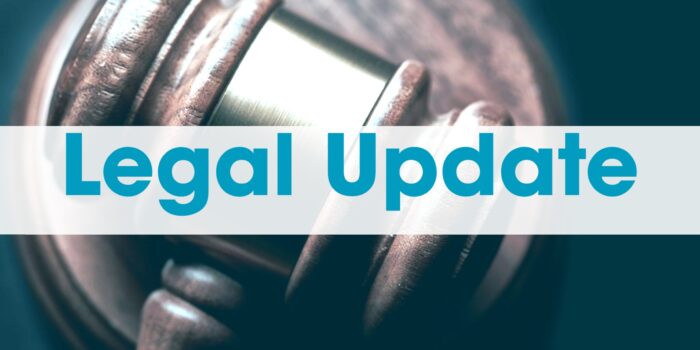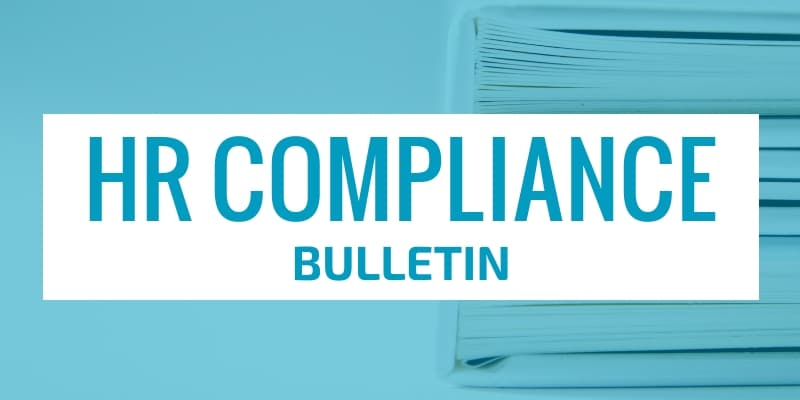[wpseo_breadcrumb]
 The pandemic has resulted in thousands of employees working from their kitchen tables or living rooms rather than the office or other workplaces.
The pandemic has resulted in thousands of employees working from their kitchen tables or living rooms rather than the office or other workplaces.
However, as more Americans receive a COVID-19 vaccination and organizations develop or update their return-to-work plans, some employees may still be eager to continue working remotely, even if just for a few days each week.
This article provides an overview of hybrid workplaces, the work model’s advantages and challenges, and tips for accommodating distributed employees.


 The COVID-19 pandemic is finally getting under control. As more Americans get vaccinated, states are gradually lifting restrictions, and life is returning to pre-pandemic normalcy.
The COVID-19 pandemic is finally getting under control. As more Americans get vaccinated, states are gradually lifting restrictions, and life is returning to pre-pandemic normalcy. On June 11, 2021, the IRS released new
On June 11, 2021, the IRS released new  The
The